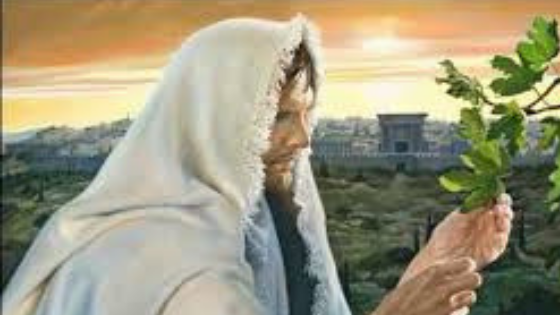
The Twenty-Eighth Sunday of the Year (15th October 2017)
Lectionary readings: Is. 25 6-1; Ps. 22; Phil. 4 12-14, 19-20; Mt 22 1-14
The Eschatological Banquet
Most people love a banquet especially one to celebrate a wedding. In the Gospel for today Matthew draws on the banquet imagery of the Prophet Isaiah and wedding imagery used by prophetic writers to describe God’s relationship with Israel. The image of the great banquet would have resonated strongly with Jesus’ audience. The book of Isaiah was highly influential in the Second Temple period and the idea of the eschatological age as an on-going banquet was current in the first century (Long 71, 248). In today’s first reading the 8th century prophet Isaiah announces a banquet inaugurating the restoration of post-exilic Israel. All people will celebrate with excellent food and wine on Mount Zion. The meal marks the beginning of the eschatological age.
In the third in a series of parables or mashal, a common teaching tool in the first century, Jesus compares the kingdom of heaven to a king who gave a wedding banquet for his son. When the king’s servants went to call those who had been invited they refused to come, making excuses. Some murdered his slaves. So angry was the king that he destroyed the murderers and burnt down their town. Unfortunately, the reaction of the king to those who refused his invitation is subject to an anti-Jewish interpretation, many identifying those who refused the invitation as the Jewish people who are then seen as rejected by God. This interpretation goes against the teaching of the Church of God’s continuing covenant with the Jewish people (Vatican, The Gifts and Calling of God are irrevocable)
Inviting others in place of those who refused is often understood as a reference to the universal aspect of God’s promises to the Gentiles. Long ( also Stern 166), however, suggests that the replacement guests are those who have responded to Jesus’ invitation to them and have been eating and drinking with him – the sinners from the fringes of Jewish society.
Through the parable Jesus announces the coming of the kingdom of God in terms of a wedding banquet. Ultimately, all are invited to the banquet but in the final part of the parable one guest is turned away for not wearing a wedding garment. Stern (162) suggests that the wedding garment does not refer to clothing but to attitude and behavior. This guest had not repented. All are welcomed to the banquet as long as they repent and wear the clothes of righteousness.
The parable ends with a nimshal which is an explanatory paragraph often added to a mashal or parable (Allen 76). Here the nimshal is, “many are called but few are chosen”. It is unclear what the nimshal is explaining; who are the “many” and who are the “few”? Is the nimshal a comment on the parable we are examining today or on the series of three parables?
The Gospel today has many aspects, God’s love for Israel and for all humanity, God’s love for those on the fringes of society, God’s invitation to repent and to wear the garment of righteousness. God invites us to his banquet to enjoy the food and wine of the kingdom, the same food and wine we will enjoy in the age to come.
For Reflection and Discussion: 1 Which aspect of the parable do you feel drawn to today? Spend some time reflecting on it. 2. One interpretation of “Many are called but few are chosen” is: God calls us all with his love. His chosen are those of us who freely say “yes” to his call of love (Allen, 76). What do you think about this interpretation?
Bibliography: Donald J. Allen and Clark M. Williamson, Preaching the Gospel Without Blaming the Jews: A Lectionary commentary (John Knox Press, 2004); Philip Long, The origin of the eschatological Feast as a Wedding Banquet, (PhD Thesis, St Andrew’s University, 2012); Frank Stern, A Rabbi looks at Jesus’ Parables, (Rowan and Littlefield, 2006)
This week’s Sunday Gospel Commentary was prepared by
Clare Jardine nds, BD, MA (Jewish Studies), Rome, Italy
clare@notredamedesion.org
[Copyright © 2017]
………………………………………………………
PLEASE NOTE: The weekly Gospel commentaries represent the research and creative thought of their authors, and are meant to stimulate deeper thinking about the meaning of the Sunday Scriptures. While they draw upon the study methods and sources employed by the Bat Kol Institute, the views and conclusions expressed in these commentaries are solely those of their authors, and do not necessarily represent the views of Bat Kol. Questions, comments and feedback are always welcome.
………………………………………………………



